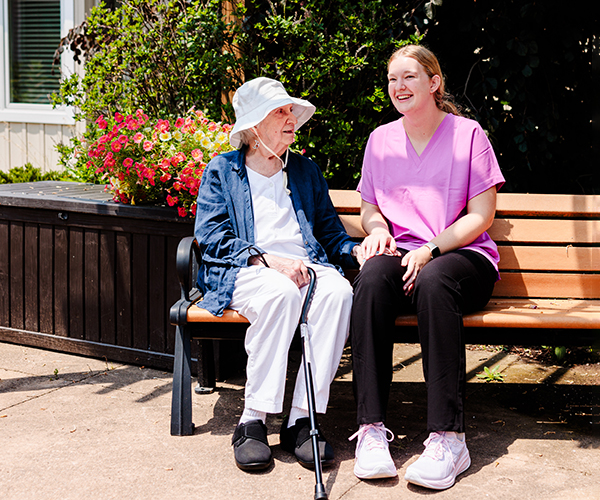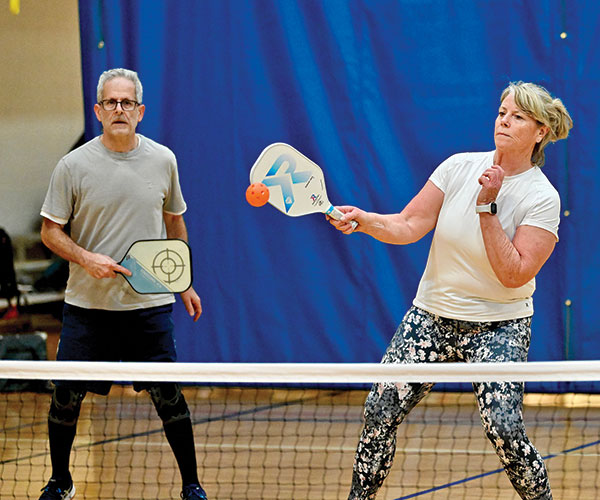Spices are “what quills are to the porcupine or the shell to the tortoise,” Jack Turner writes in his recent book, “Spice: A History of Temptation.” “Cinnamon is an elegant form of armor; the seductive aroma of the nutmeg is, to certain insects, a bundle of toxins.” Though it seems illogical, the sumptuous, aromatic ingredients that make our food delicious are a plant’s means of poisoning its enemies.
Spices may also hold protective powers for humans, scientists say. Recent studies in mice show that turmeric and ginger may have preventative effects against cancer and Alzheimer’s disease.
Ginger and turmeric contain antioxidants, compounds that block free radicals from harming the body’s cells. In the last decade or so, scientists have discovered that oxidation is linked to inflammation, and that the two can contribute to the development of several afflictions: many cancers, Alzheimer’s, diabetes and heart disease, to name a few. Antioxidants strike at the root of these problems.
Spices such as ginger and curry, which contains turmeric, are “highly anti-inflammatory,”
Monica Reinagel writes in her book, “The Inflammation-Free Diet Plan.” “Adding just a teaspoon of these ingredients can dramatically enhance the anti-inflammatory potential of any meal.”
Turmeric, an ingredient in curry powder, is widely used in food and medicine in India. Studies show that Indians in their 70s have a four to five times lower incidence of Alzheimer’s than adults of the same age in the U.S.
Are Indians not getting Alzheimer’s because they eat so much curry? It’s a possibility: A 2005 study from the University of California, Los Angeles, found that curcumin, the active antioxidant compound in turmeric, reduced the formation of plaques, which cause Alzheimer’s, in mouse brains. Several studies in mice also show that curcumin inhibits the process by which tumors form new blood vessels to feed themselves. So curcumin may be effective in the treatment of cancer.
Ginger may also help fight cancer and Alzheimer’s. Its active compound, gingerol, also inhibits tumor blood-vessel growth in mice, researchers in South Korea found last year. Another study, from 2002, showed that compounds from ginger prevented Alzheimer’s from developing in cells in test tubes.
While these studies are encouraging, science has a long way to go before spices can be prescribed as effective treatments for cancer. Scientists have not measured the effects of these spices in humans and do not know what dosage can prevent or treat any disease.
“I can’t tell you right now that eating a lot of turmeric is going to prevent Alzheimer’s disease or reverse Alzheimer’s disease if it’s already started,” says Dr. Tanya Edwards, director of the Cleveland Clinic’s Center for Integrative Medicine. “All I can tell you is that people who live in India, and eat lots of this stuff, tend not to have [Alzheimer’s] at the rates that we do. So it may be a good idea.”
Many people who read about these studies rush to the drugstore and buy a supplement. Edwards warns that it has not been proven that large, concentrated doses of these spices will prevent or treat disease. Also, supplements can be dangerous. Many antioxidants and anti-inflammatories, such as turmeric, thin the blood. Some supplements also interfere with the body’s ability to process prescription medications, says Dr. Barrie Cassileth, president of the International Society for Integrative Oncology.
The good news, Cassileth and Edwards say, is that using these spices in cooking will not cause harm. Until better information is available from human studies, Edwards urges her patients to cook with spices.
“I tell people to try to use their refrigerator as their medicine cabinet,” she says.
Cassileth is more cautious about the potential health benefits. She says they will only come when scientists find the effective compound in each spice and create large, concentrated doses of it. One possible explanation for Indians’ lower incidence of Alzheimer’s may be their shorter average life spans, not their curry intakes, Cassileth points out.
Meanwhile, Edwards insists on nature’s ability to heal. “I think there’s a reason, on a spiritual level, that these things were put on Earth and that we have them in abundance,” she says. “We can have all these things as part of our diet, and we can be healthy by eating them.”
|



